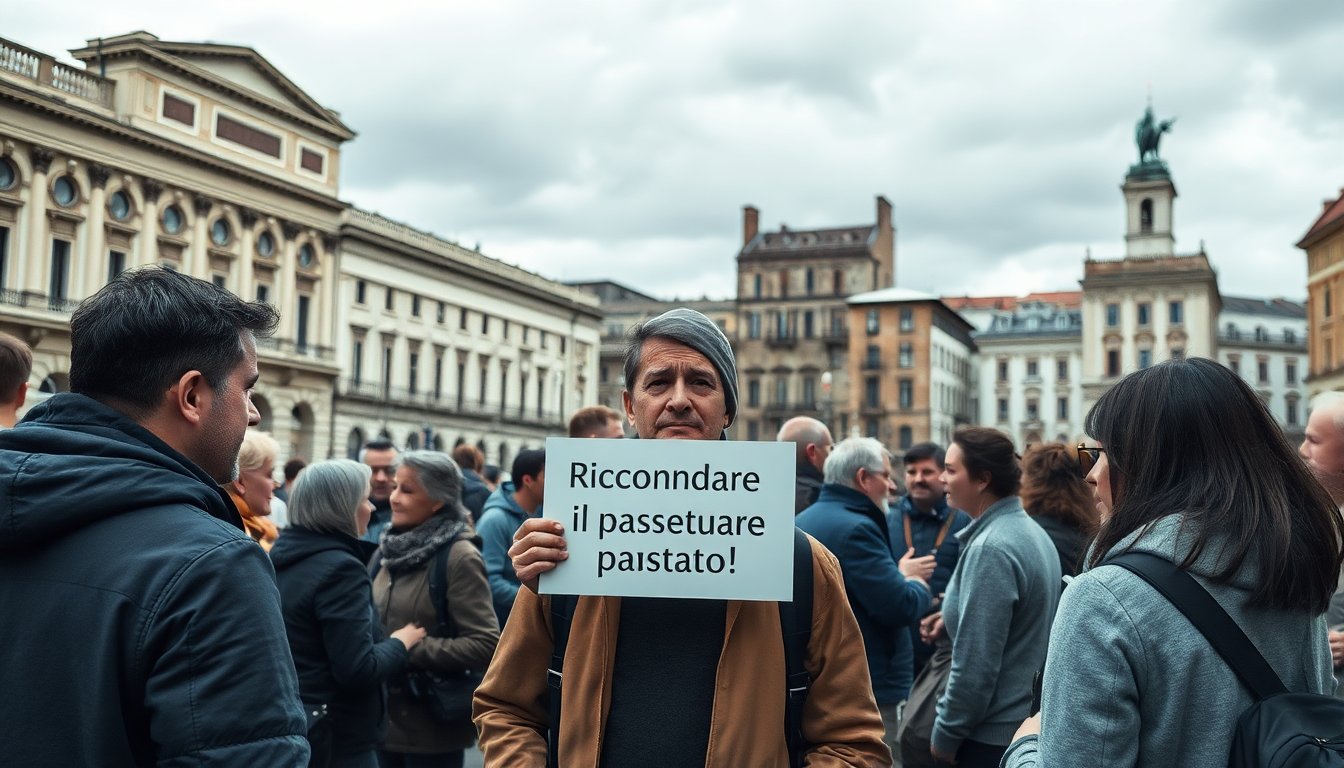Table of Contents
Stephen King’s Insights on Political Loyalty
Renowned author Stephen King has raised significant questions regarding the loyalty of Donald Trump’s supporters. In an interview with The Sunday Times, King suggested that in the future, many who voted for Trump may distance themselves from their past choices, much like individuals who falsely claim to have witnessed pivotal historical events. This commentary highlights the complexities of political identity and the ways history is remembered and rewritten over time.
The Nature of Political Loyalty
King’s remarks prompt a broader discussion on the nature of political loyalty and its potential for dramatic shifts. He draws an analogy to a famous moment in baseball history, where many claim to have witnessed Bobby Thomson’s iconic home run, despite the limited attendance that day. King posits that in the coming decades, we may observe a similar phenomenon with Trump’s supporters, where individuals might assert they never backed him, regardless of their actual voting history.
This perspective raises important questions about collective memory and the narratives that shape our understanding of political history. As public opinion evolves, individuals’ identification with past political affiliations may also change. King’s foresight into possible future denials reflects a keen awareness of the fluidity of political identities.
The Response from the Trump Administration
In response to King’s assertions, the Trump administration swiftly dismissed his claims as fiction. Abigail Jackson, a spokesperson for the White House, remarked that King, known for his fictional storytelling, appears disconnected from reality. This exchange underscores the ongoing tensions between artistic interpretation and political discourse, especially regarding controversial figures like Trump.
King’s critique extends beyond mere speculation about future voting patterns. He has voiced serious concerns about the Trump administration’s immigration policies, comparing the actions of Immigration and Customs Enforcement (ICE) to themes found in dystopian literature. He noted that if he had described the current political climate in his novels from decades ago, readers would likely have found it unbelievable, illustrating how far removed today’s political environment is from traditional democratic ideals.
The Dilemma of Fanbase Reactions
Additionally, King expressed discomfort regarding the fact that some of his fans are Trump supporters. While he has not initiated a formal boycott against himself, he acknowledges the divided sentiments within his readership. He feels a responsibility to express his views, posing the rhetorical question: “Which side are you on?” This sentiment resonates with many artists and public figures navigating the implications of their beliefs on their audience.
King’s narrative serves as a reminder of the complexities at the intersection of art, politics, and public perception. As the political landscape continues to change, artists like King will likely navigate these turbulent waters, reflecting societal changes through their work while grappling with the consequences of their opinions.


